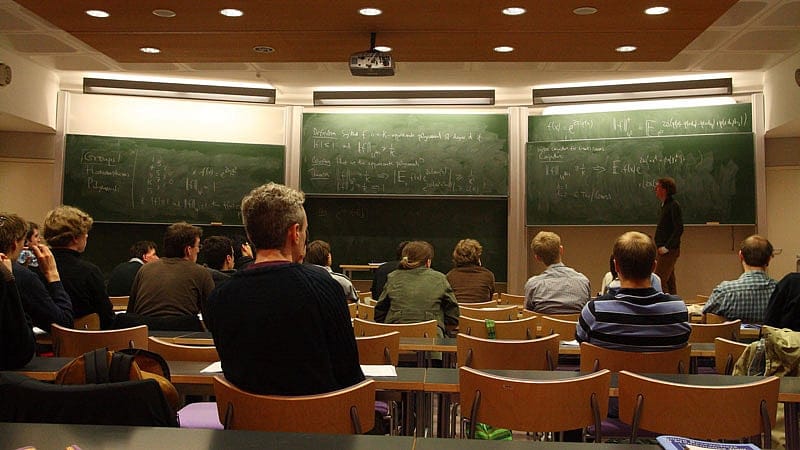The lowering of higher education: The professors

It is difficult to see established institutions change. When exactly did our colleges and universities shift from places devoted to transforming our children into mature and thoughtful adults into self-focused consumers? When did higher education become so driven by the bottom line? And, more fundamentally, when did professors morph from revered mentors and thinkers to "content-providers" and "information-dispensers?"
The professorate was once a poorly paid, high status profession. Historically, it attracted men who enjoyed what used to be called "the life of the mind." These were men who had little taste for the competitiveness of business or the specificity of medicine or engineering. They liked talking. They were drawn to "academe."

